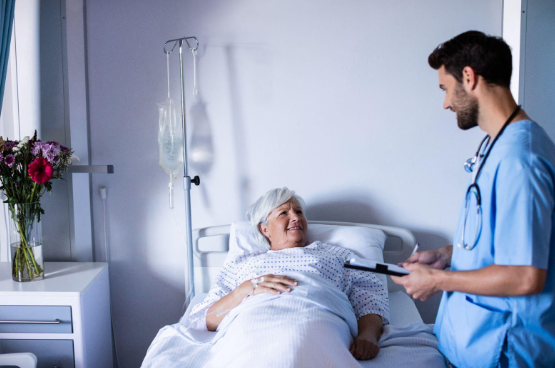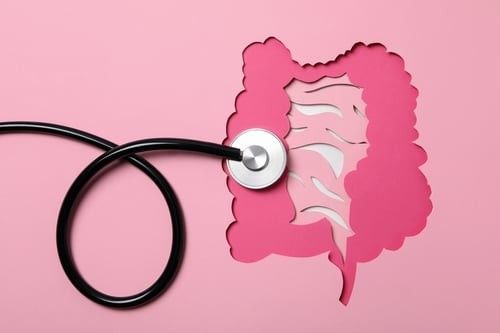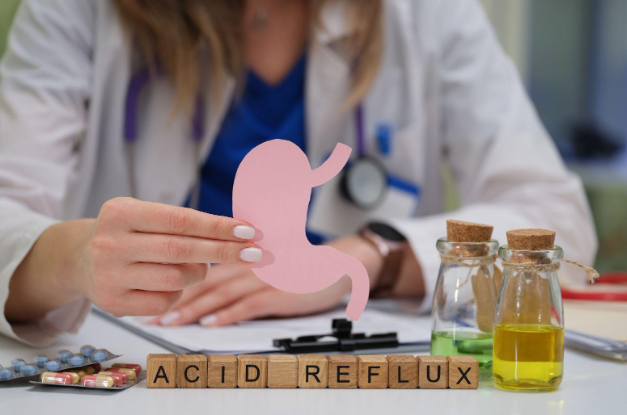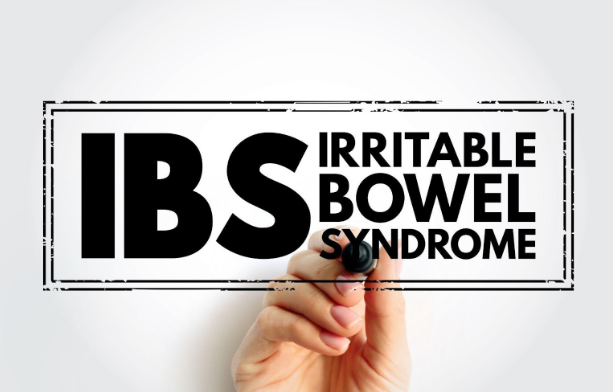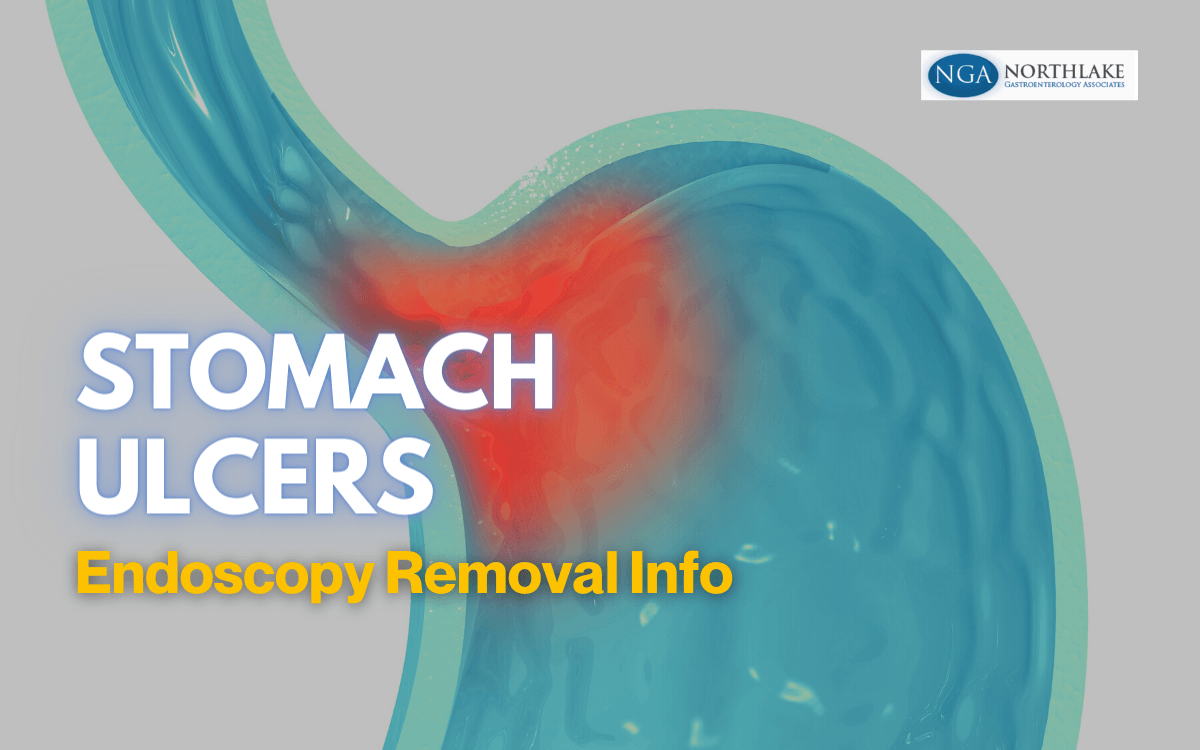
How an Endoscopy Is Used for Ulcer Removal
The word endoscopy is derived from the Greek words endon, meaning "within," and skopein, meaning "view." Endoscopy of the digestive system is called EGD (esophagogastroduodenoscopy).
An endoscopy is a medical procedure that uses a tube (an endoscope) to look inside the body. Doctors use it to look at the esophagus, stomach, small intestine, colon, rectum, and other parts of the digestive system. Each type of endoscope is designed for a different organ.
Endoscopy Procedure
This non-surgical procedure involves inserting an endoscope, which has a light and camera on the end, into the body. Doctors insert this thin, flexible tube into the body through a natural orifice (typically, the mouth) or via an incision in the skin. An endoscope is a dual-use device, meaning specialists can use it to perform a medical examination of the stomach lining or organs within the body and to deliver therapy to an organ.
What Is an Ulcer?
An ulcer is a sore or break in the lining of your digestive tract. It can affect your stomach (gastric ulcer), small intestine (duodenal ulcer), or large intestine (colonic ulcer). Many physicians associate ulcers with infections, stress, and lifestyle choices like smoking and drinking alcohol.
A gastric ulcer is a common disorder that may occur anywhere in the stomach or the duodenum. Many consider H. pylori infections to be the major etiological factor for gastric ulcers. The management of H. pylori infection is the key to symptom relief, healing of the gastric ulcer, and prevention of gastric cancer.
Ulcers are common in the United States. They're much more common in people aged 55 to 65. Infection, injury, stress, long-term use of aspirin or other NSAIDs (nonsteroidal anti-inflammatory drugs), or an autoimmune disorder can cause some ulcers. An inherited enzyme problem can also cause ulcers.
Is Endoscopy Necessary to Treat Ulcers?
Endoscopy is necessary for the accurate diagnosis and treatment of gastric ulcers. Gastroscopy or endoscopy is the most common procedure for diagnosing peptic ulcer disease. It allows doctors to take pictures of the digestive tract.
Peptic ulcer disease (PUD) refers to the erosion of the mucosa and submucosa of the gastrointestinal tract. The stomach and duodenum are the most common sites of PUD. Therefore, when the duodenum is affected, surgeons often refer to it as a peptic ulcer.
Doctors typically diagnose a peptic ulcer through endoscopy within six to eight weeks of the initial diagnosis. They usually do this by taking a lining biopsy to decide what type of ulcer you have. Then, they formulate a treatment plan.
Can Doctors Repair Ulcers During Endoscopy?
Gastroesophageal reflux disease (GERD) results from the backflow of gastric acids into the esophagus, causing irritation and damage to the mucosal lining. During the treatment process, it is necessary to do an endoscopic examination to see the state of the gastric mucosa and esophageal damage to prescribe further treatment. Then, the endoscope is used to inject medicine into the ulcer to treat it.
A very common misconception about ulcers is that you can only treat them with antibiotics and medication. Most of the time, this isn't the case. Doctors can also cauterize an ulcer by passing a tube that acts as a catheter through an endoscope.
Can You Treat an Ulcer Without an Endoscopy?
There are several ways to treat stomach ulcers. These include taking over-the-counter medicines, using baking soda tablets, and so on. However, these treatments do not provide an effective cure.
Many people decide to treat their ulcers, both gastric and duodenal, on their own. These types of ulcers are easier to solve than other types of ulcers, but they can still be a problem. That's why it's essential to see your doctor before doing anything.
Some try to treat ulcers with acid-suppressing medications such as antacids or acid blockers. Unfortunately, many common over-the-counter medications are not only useless but may even make things worse.
Preparing for an Endoscopy
This routine procedure can be scary for patients who aren't familiar with the process. Also, endoscopy procedures look vastly different when they're performed on an adult versus a child. Still, the purpose is similar; the aim is to better understand a specific area or organ.
Before the procedure is performed, the patient goes through an exam. The physician then describes the location and outlines what will happen during each part of the procedure: setting up the scope, the procedure itself, body part(s) that will be looked at, and the medication or catheter necessary. Sometimes, you will require meds or other equipment after an endoscopy visit, so the doctor will inform you of this as well.
Your doctor will also give you specific instructions to prepare for the endoscopy. The procedure requires fasting for several hours ahead of time, so your stomach is empty. Blood-thinning medications will also need to be stopped days in advance to decrease the risk of bleeding during the procedure.
Recovering from an Endoscopy
Physicians don’t require you to stay in the hospital very long. The sedative will wear off one to two hours after your endoscopy. You’ll be able to rest at home for the remainder of the day. Patients may experience some bloating or nausea after the endoscopy procedure, but it should disappear quickly.
According to estimates, more than 75 million endoscopies happen in the U.S. every year, and it's one of the most common diagnostic procedures that doctors perform. Moreover, it's one of the most important diagnostic tools in modern medicine. That's why you must consult a professional. If you feel any ulcer-related symptoms, find out about having an endoscopy right away. Northlake Gastroenterology is a premier provider of gastroenterology care and we’d love to partner with you on your health and wellness journey.
More Blogs

